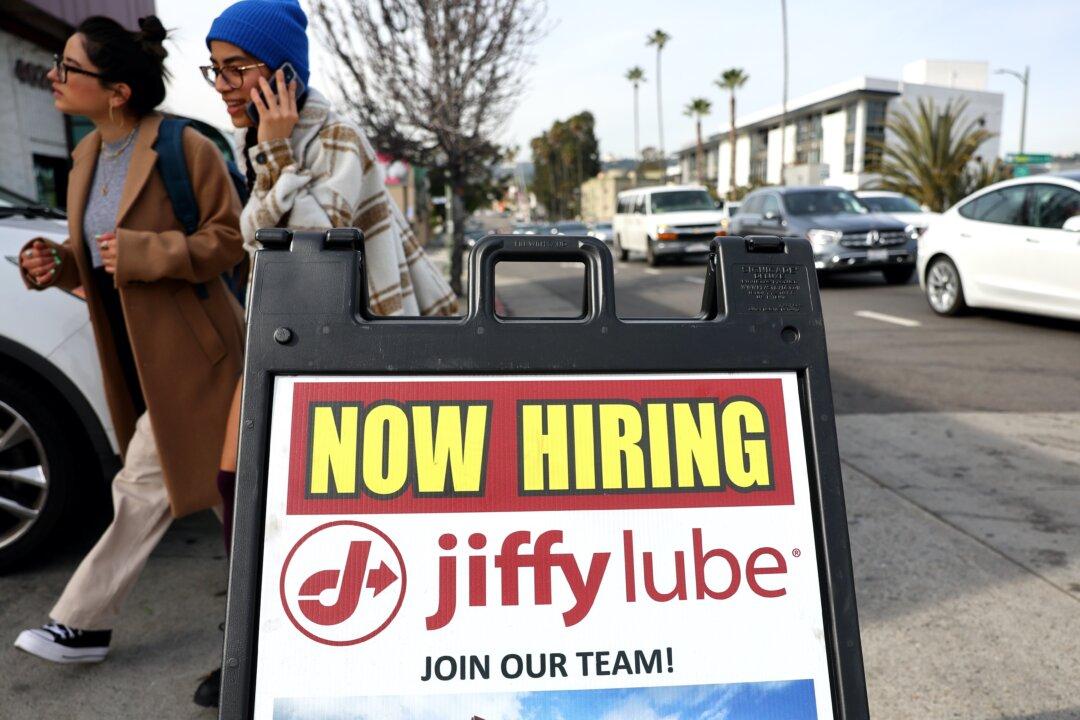Commentary
As the year ends, the U.S. economy is the No. 1 issue on voters’ minds. While economic numbers from the federal government indicate a healthy and robust economy, it certainly doesn’t feel that way.

As the year ends, the U.S. economy is the No. 1 issue on voters’ minds. While economic numbers from the federal government indicate a healthy and robust economy, it certainly doesn’t feel that way.